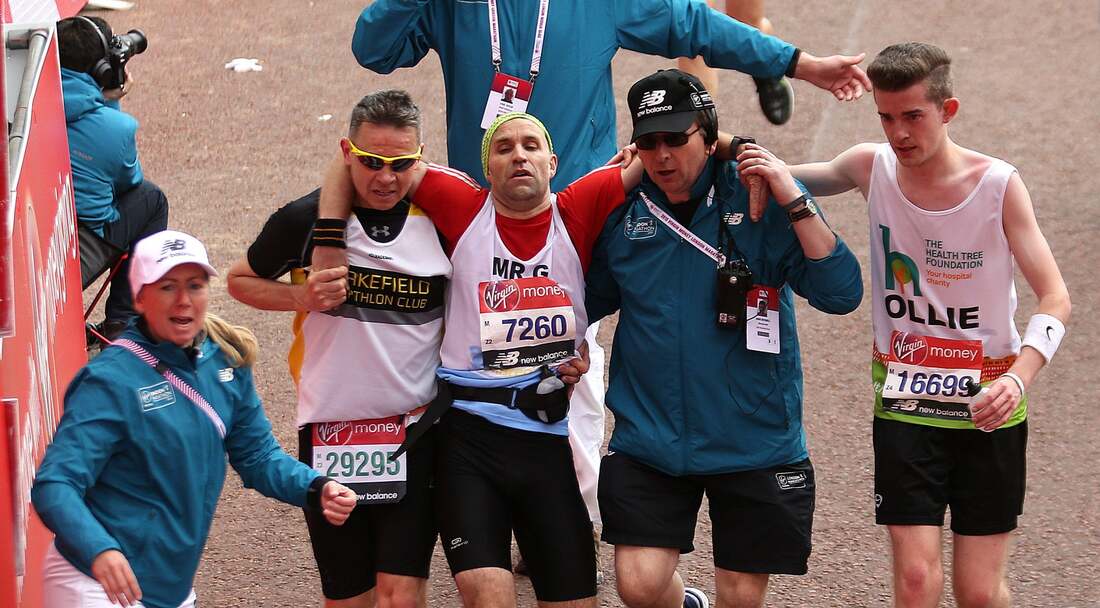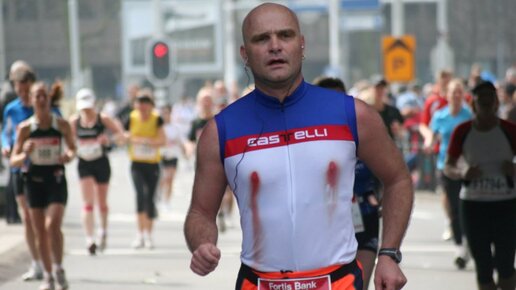|
1. Well documented holistic health benefits
2. Takes less than 2 months to run 5km as a beginner It takes less than 2 months to prepare yourself to run for 5km. The Mayo Clinic provides a 7 week training schedule for beginners which involves a mixture of running, walking and resting. (https://www.mayoclinic.org/healthy-lifestyle/fitness/in-depth/5k-run/art-20050962) This strategy proposed helps you reduce your risk of injury, stress and fatigue while keeping the activity enjoyable. 3. Time efficient and versatile You can run 5km anywhere safely without relatively minimal disruption to your busy life. Allocating 30-45 minutes of your day to go for a 5km run is not too much to ask for even for the busiest individuals in the world. Running is a great way of maintaining fitness levels as it can easily be incorporated into the lifestyles of those who regularly travel to unfamiliar locations perhaps where there are potentially no gym facilities, exercise classes or basic equipment. It also allows you extra time to do different forms of cross-training and exercise activities without getting bored and maintaining your general health. On a rainy day, you can also perform your run indoors on a treadmill or at the gym with a 1% incline to simulate the benefits of outdoor running. 4. Cost effective and simple There is minimal equipment that you will need to invest in. You simply need some comfortable and supportive running shoes such as a pair of ASICs and some loose shirts and shorts. Overuse injuries are more likely to occur with longer distances such as training for a marathon. Overuse injuries can increase your healthcare costs with your doctors and physiotherapists. Running injuries include:
There is no need to buy expensive energy gels and bars, extra running gear or fuel belts. Meets national exercise guidelines Running 3 times per week for about 30-60 minutes at moderate to high intensity satisfies evidence based national physical activity guidelines. Once you improve and start running faster at high intensities, you can satisfy the guidelines by running 25 minutes 3 times per week, saving you time. 5. Compete instead of painfully finishing Competing against yourself and others can give very satisfying and a rewarding experience. The challenging of trying to finish say a marathon can place significant stress on your body and potentially have a negative impact on your health. Free timed community Parkruns are available all around the world to benchmark against yourself or others. In addition, you can quite easily compare how fast you run compared to others in your age group and gender using the popular age graded calculator: In running, age-graded scoring is based on how fast you run (by correcting it to what your speed would have been at your prime age) and a percentage value of the world record for your gender. Performance standards listed on the USATF site give approximate comparative levels: 90 percent = world class; 80 percent = national class; 70 percent = regional class; and 60 percent = local class. http://www.runnersworldonline.com.au/age-grading-calculator/ 6. 5km runs do not cause nipple bleeding Nipple bleeding can be extremely painful and unmotivating. It is a result of your skin directly rubbing on your clothes, poor ventilation and sweating. 7. Help yourself and help others Many charities and non-for-profit organisations hold fundraising events associated with 5km runs as the distance is suitable to get everyone involved. Therefore, 5km runs are a great way to contribute to be social, contribute to those in need and help yourself in the process. Disclaimer: This text does not serve as medical advice and if you have any questions, seek advice from your doctor. Blog post written by Barry Nguyen, an experienced sports and musculoskeletal physiotherapist and digital health expert.
0 Comments
Your comment will be posted after it is approved.
Leave a Reply. |
AuthorContributors Archives
March 2020
Categories
All
|
|
SOCIAL
|
HealthAide is an independent resource. We do not own shares or make profits from the products listed on this site. Products and services have been curated using the Four Principles of Healthcare Ethics (Beauchamp, T. and Childress, J. (1985) Principles of Biomedical Ethics)
© COPYRIGHT 2018. ALL RIGHTS RESERVED.




 RSS Feed
RSS Feed